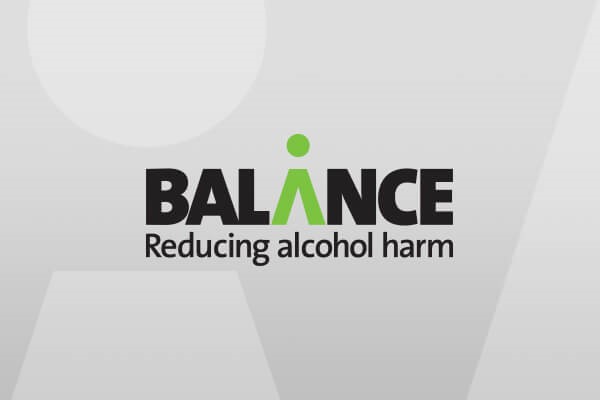Alcohol-related deaths still a cause for concern for the North East
New figures released today (Tuesday 29th January) have shown that the North East continues to have some of the highest rates for alcohol-related deaths in England.
The North East has the second highest rate for both males and females in England. And despite a slight reduction in male deaths in the past year, the rate for males continues to be almost twice as high as it is for females.
The latest figures from the Office of National Statistics show that in the North East:
- The North East has the second highest rate of alcohol related deaths in men in England at 21.5 deaths per 100,000 compared to an England average rate of 15.9 per 100,000.
- This means that the North East is 35% higher than the national male rate.
- However, the number of male deaths has decreased 3.5% from 314 deaths in 2010 to 303 in 2011. In England there was a 1.4% decrease in numbers.
- The number of alcohol related male deaths has however increased 173% and 132% in the North East and England respectively since 1991.
- The region also has the second highest rate of alcohol related deaths in women in England at 10.4 deaths per 100,000 compared to an England average of 7.6 deaths per 100,000.
- This means that the North East is 37% higher than the national female rate.
- The number of female deaths in the North East increased 1.9% from 155 deaths in 2010 to 158 in 2011. In England there was also a 1.9% increase in numbers of deaths.
- The number of alcohol related female deaths has increased 168% and 87% in the North East and England respectively since 1991.
Colin Shevills, Director of Balance, the North East Alcohol Office, said: “Although we welcome any reduction in alcohol-related deaths, which we’ve seen in North East males, these figures demonstrate our region continues to have an unhealthy relationship with alcohol. It is seriously damaging our region’s health and our resources and effective measures need to be taken.
We remain one of the highest rates for both males and females in England and we’ve seen an astonishing leap in alcohol related deaths over the last two decades. We need to reverse this trend.
“People are dying because alcohol is far too cheap. They’re dying because alcohol is available on nearly every street corner at all hours of the day and night. They’re dying because alcohol is also far too heavily promoted.
“With the consultation on alcohol set to close at the beginning of February, we look to the Government to introduce targeted measures that will reduce the impact alcohol continues to have in the North East – and across the rest of the UK. This includes a minimum price per unit, which needs to be set at a realistic level that will make a real difference.
“We know that the more affordable alcohol is, the more people consume. A minimum unit price of at least 50p will make cheap, strong alcohol less affordable to the vulnerable younger and heavier drinkers who are more likely to drink it and suffer the consequences. It will have no effect on the price of a pint in a community pub.”
Research carried out by the University of Sheffield indicates that after ten years, every year in England a minimum 50p per unit will:
- save 3,393 lives
- reduce hospital admissions by 97,900
- cut crimes by 45,800
- cut unemployment by 27,100
- save 296,900 working days lost through absenteeism
- reduce the amount younger and heavier drinkers consume.
It estimates that moderate drinkers could be expected to pay just 28p a week extra on their weekly alcohol bill for these benefits, if a minimum 50p per unit were introduced.
Moderate drinkers stay within the recommended daily limits of no more than 2-3 units, or a standard glass of wine, for a woman and 3-4 units, or a pint and a half of regular strength beer, for a man. Drinking at or above these limits on a daily, or almost daily basis, increases the risk of a range of health conditions including cancer and stroke.
Colin added: “For a few extra pennies a week, we can help reduce the number of people being admitted to the region’s hospitals due to alcohol, as well as cut crime and protect our children.
Colin added: “It would only cost a moderate drinker a few pennies each week. When you consider how many lives this could save, and the reduction in crime and hospital admissions, we believe it’s a small price to pay.”
